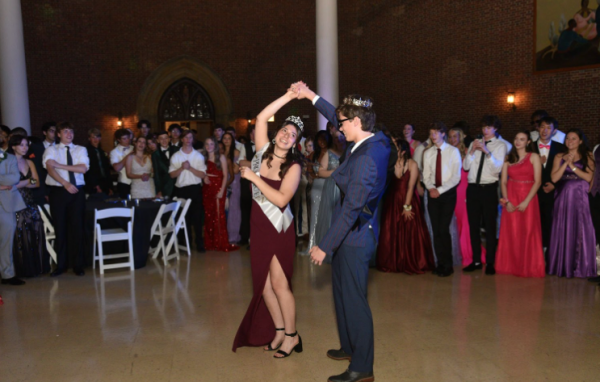Changing times for changing time
Investigating the debate on daylight saving time

The time of year has rolled around when the country sets its clocks back and gets an extra hour of sleep. As many people know, daylight saving time was initially introduced to reduce electricity usage and costs. However, recent research is raising doubts about whether this goal is actually accomplished.
“California Energy Commission resource economist Adrienne Kandel and her colleagues discovered that extending daylight time had little to no effect on energy use in the state,” according to Scientific American’s website. “The observed drop in energy use of 0.2 percent fell within the statistical margin of error of 1.5 percent.”
In some regions of the US, research has even found there to be an increase in energy usage, which defeats the purpose of daylight saving time in its entirety.
“The findings are consistent with simulation results that identify a trade-off between reducing demand for lighting and increasing demand for heating and cooling,” according to MIT Press Journal’s website. “We estimate a cost to Indiana households of $9 million per year in increased electricity bills. We also estimate social costs of increased pollution emissions between $1.7 to $5.5 million per year.”
There are mixed feelings among Americans about whether daylight saving time is useful or necessary, but recent polls have suggested that a slight majority think that the time change is unnecessary.
“A majority (54%) [of Americans] say that they would support the elimination of Daylight Saving Time in all US states and territories,” according to YouGov’s website.
Despite this, there are some arguments supporting daylight saving time. While the estimated effects of the change in time is very small, it does have an overall impact nationwide.
“Daylight Saving Time saved about 0.5 percent in total electricity per day,” according to the Department of Energy’s website. “While this might not sound like a lot, it adds up to electricity savings of 1.3 billion kilowatt-hours — or the amount of electricity used by more than 100,000 households for an entire year.”
There may be issues with the exact statistics in any of these studies, so there might not be a concrete answer as to whether the time change is beneficial or not. However, a majority of people oppose continuing daylight saving time, and there is enough question about the results of daylight saving time that it should at least be reconsidered.





